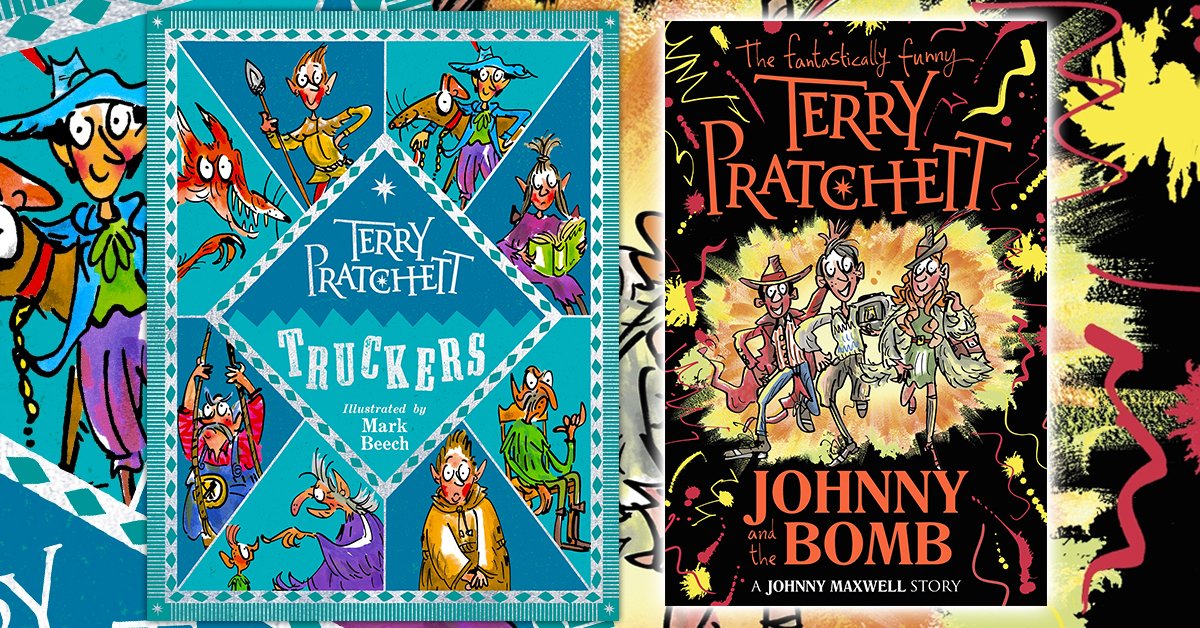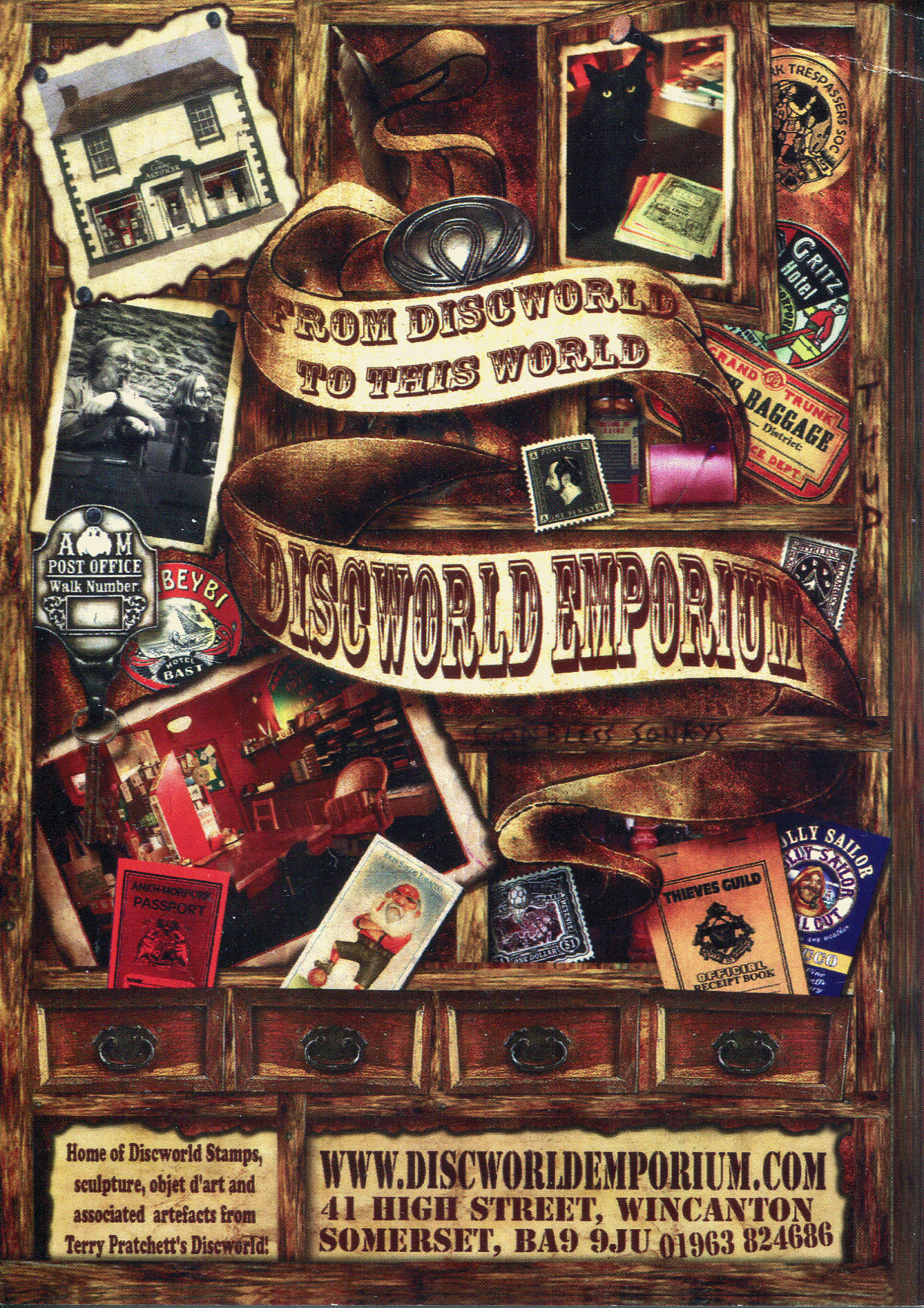

While researchers, scholars, and educators have begun to theorize about how such stories might benefit literacy and ELA education, little empirical research exists as to how these narratives are perceived by teachers and how this new literacy might actually be implemented in a classroom. Theoretical research has suggested that transmedia stories can be used in the ELA classroom to teach both traditional literacies and 21st century literacies. Transmedia stories are an emerging twenty-first century storytelling form where a narrative is told over multiple texts and media platforms and is often extended further by reader contributions. More research is needed, however, on the relationship between literacy experiences and pedagogical thinking for preservice teachers implementing new literacies such as transmedia stories. The personal literacy experiences English Language Arts (ELA) teachers have are an important factor in shaping their pedagogical thinking about literacy. I argue that although the games are unable to influence the narrative of existing Discworld books, they nevertheless constitute a transmedia relationship with the text, based on Jason Mittell’s (2012-13) ‘what if’ concept. It is via L-space that all books are connected (quoting the ones before them, and influencing the ones that come after) (1989: 11)’. Drawing on user reviews of the Discworld games from the board game website Board Game Geek, I suggest that these games fulfil a similar function to Pratchett’s textual concept of L-Space the idea that ‘Knowledge = power = energy = matter = mass, and on that simple equation rests the whole of L-space. Existing outside of the ‘official’ canon of the novels, as well as television and animated adaptations, the games nevertheless utilise information contained within those texts to affect game play.

This paper draws on Jonathan Gray’s (2006, 2010, 2013) work on paratexts and Matthew Hills’ (2004) work on Discworld geography, to examine the role that the Discworld board games play in affecting fans’ meaning-making processes.


 0 kommentar(er)
0 kommentar(er)
